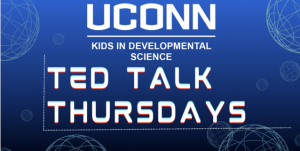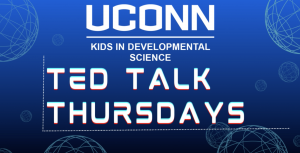
Discoveries from a recent study shed light on a fascinating link between infants’ ability to connect speech with faces and their future language prowess. This research, spanning from three months to three years, unveils a pivotal role for early social intersensory processing in shaping language development. Infants adept at matching speakers to speech at six months exhibited larger vocabularies and more speech by toddlerhood. Notably, this skill seems to unlock the door to richer language learning opportunities, enabling infants to glean more from their surroundings. However, the study also reveals that non-social intersensory processing, such as matching sounds to toys, doesn’t hold the same predictive power for language outcomes. Nonetheless, these findings open new avenues for interventions aimed at supporting language development in children, emphasizing the crucial role of early sensory experiences and parental engagement. As researchers delve deeper into the mechanisms underlying language acquisition, parents are encouraged to harness the power of multisensory interactions to nurture their infants’ linguistic journey. To dig deeper click here.
Jasleen Kaur, UConn KIDS Research Assistant




 The glaring lack of educational accessibility for Deaf children constitutes a crisis, perpetuating cycles of inequality and marginalization. Across diverse regions and socioeconomic contexts, Deaf children encounter formidable barriers to learning, stemming from insufficient language exposure and limited resources tailored to their needs. This deprivation of early language acquisition deprives Deaf children of the foundational skills necessary for academic success and social integration, perpetuating a cycle of educational disadvantage and hindering their future prospects.
The glaring lack of educational accessibility for Deaf children constitutes a crisis, perpetuating cycles of inequality and marginalization. Across diverse regions and socioeconomic contexts, Deaf children encounter formidable barriers to learning, stemming from insufficient language exposure and limited resources tailored to their needs. This deprivation of early language acquisition deprives Deaf children of the foundational skills necessary for academic success and social integration, perpetuating a cycle of educational disadvantage and hindering their future prospects.

